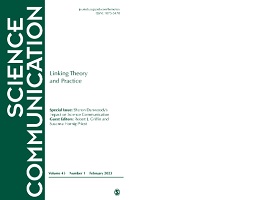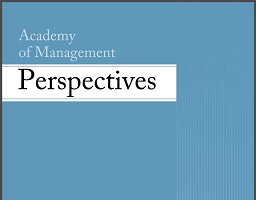Although the COVID-19 pandemic is widely considered to be over, vaccination remains the crucial tool to protect people from severe disease. Notwithstanding adequate supply, vaccine uptake varies considerably among countries and segments of society. For example, as of 30 June 2023, uptake of the primary course of vaccines in Europe ranged from 21.1% in Kyrgyzstan to 92.6% in Spain, and in the U.S. uptake is far higher among Democrats than Republicans with the gap exceeding 30% in some surveys. There were many reasons for low uptake, varying from country to country; however, a sizeable number of people across the globe chose not to get vaccinated. This hesitancy, much of it propelled by disinformation, has also spilled over into childhood vaccinations, with a notable decrease in confidence in 52 out of 55 countries polled by the United Nations International Children’s Emergency Fund (UNICEF). Evidence-informed strategies for addressing low vaccine uptake are thus urgently required.
Focusing on those who make a decision not to vaccinate, we provide a toolbox of possible behavioural and communication interventions that are built on the recognition that vaccine hesitancy may arise from diverse psychological factors that require distinct interventions.





